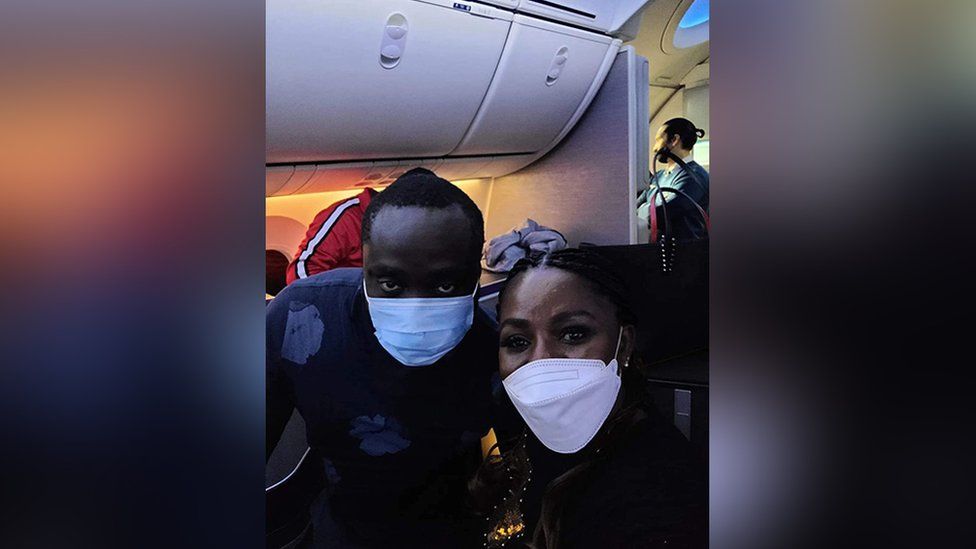Residents of Bissau, the capital of Guinea Bissau were on edge all day Tuesday, but according to a calm looking President Umaro Cissoco Embaló, the “attack against democracy failed,”
Reports reaching DNT during the almost five-hour uncertainty when the whereabouts of the president and his cabinet was unknown, it appeared as though West Africa was on the verge of a fourth successful coup d’etat.
http://https://www.facebook.com/radiobantaba/videos/1564630777226712/
President Umaro Cissoco Embaló’s reassuring speech indicates a failed coup attempt.
The state broadcaster reported that “invaders” were holding government officials but on Tuesday evening, a statement from the president’s Facebook account said “Calm returns to Bissau!”
Then in a statement broadcast live on local media on Tuesday night, the president said that security forces were able to stop a “failed attack against democracy” and that “many” security officials had died. No ministers were killed he said and arrests had already been made.
On Tuesday many of the capital’s streets were scarce due to fears of the unrest.
West African regional bloc Ecowas swiftly condemned what it described as an attempted coup on Tuesday afternoon. “Ecowas is following with great concern the evolution of the situation in Guinea-Bissau … where military gunfire is taking place around the government palace,” the organisation said.
“Ecowas condemns this attempted coup and holds the military responsible for the safety of President Umaro Cissoco Embaló and members of his government,” it added.
The comments mirror a statement released last week after a coup in Burkina Faso, another in a rising number of coups in the last 18 months in west Africa.
Multiple military takeovers in Mali, as well as Guinea and Burkina Faso, have seen militaries backed by popular support depose elected leaders, fuelled by mass frustration with rising jihadist insurgency in the Sahel.
Guinea-Bissau has often faced the threat of military coups since gaining independence from Portugal in 1974. The small country of just 1.5 million people has had four coups and more than a dozen attempts.
The UN said secretary general António Guterres was “deeply concerned with the news of heavy fighting in Bissau”.
He called for “an immediate end to the fighting and for full respect of the country’s democratic institutions”.
Embaló, a former army general, was declared the winner of the 2020 election, although the results were contested by former PM Domingos Simões Pereira.
Embaló then started forming a new government with support from the military while a supreme court election challenge was still pending.
In October last year, the armed forces chief said members of the military had been preparing to launch a coup while the president was on a working trip to Brazil.
Troops had been offering bribes to other soldiers “in order to subvert the established constitutional order”, armed forces head General Biague Na Ntam said.
After independence from Portuguese colonial rule, Guinea-Bissau has grappled with successive coup attempts, civil war and corruption, and is one of the world’s poorest countries. Drug trafficking is a major challenge and in the 2000s, it became known as a transit point for cocaine between Latin America and Europe as traffickers profited from corruption and weak law enforcement.








